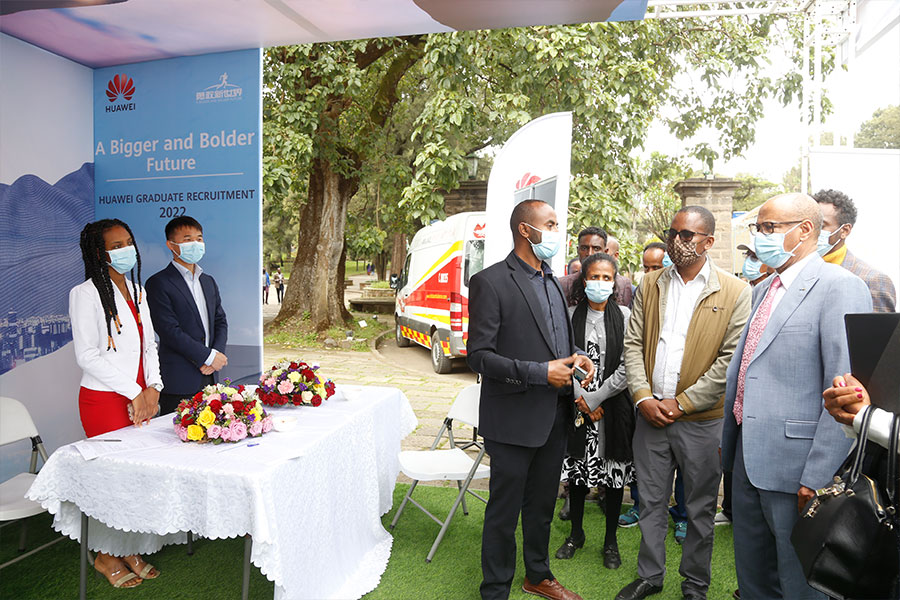
Radar | Oct 09,2021
Nov 20 , 2021.
Leaders of the warring parties in Ethiopia`s year-old militarised conflict may think they have irreconcilable differences that led to a destructive war. Ironically, and whether they acknowledge it or not, they have shared conviction in defining the narrative that drives the conflict. Both believe they are locked in an existential struggle and are convinced that their side will prevail over the adversary in the end. Every advance in the battlefront and gains in territories are framed in reinforcing these narratives.
However, there is nothing existential about this war. If there is anything the tragedy of the past year made it evident, neither party prevailed despite the self-fulfilling declaration of victory in the battlefronts. All sides have war-fatigued soldiers and fighters, and no less is their supporters tired of endless fighting. Hence, it is only natural to get overexcited at every possible opportunity to get back to sanity. It is like staying in darkness and finding a crack on the ceiling that lets some light inside.
This may not mean that the worst has passed. But it is a sign that more light can enter by widening the crack further - light that many on the outside take for granted.
The same can be said for Ethiopia’s civil war, which continues unabated. Perhaps for the first time since it started, the outlines of the light at the end of the tunnel seem to be appearing. It may be much ado about nothing, but it is something nonetheless. It could even be an illusion, but it gives hope to a large segment of the population desperate for peace.
Ethiopia`s Foreign Minister, Demeke Mekonnen, discussed with his counterpart Secretary of State Antony Blinken before the latter travelling to Kenya earlier last week. A day before he landed in Nairobi, Kenya`s President Uhuru Kenyatta visited Addis Abeba and met with President Sahleworq Zewdie and Prime Minister Abiy Ahmed (PhD). Uhuru may have offered his good office to help overcome the impasse on peace. He wanted the Prime Minister to take confidence-building measures that could help kickstart a dialogue for durable peace.
A more specific focus on Ethiopia came on Blinken`s visit during his meeting with Workneh Gebeyehu (PhD), the Intergovernmental Authority on Development (IGAD) secretary. Here again, it may be giving too much credit to the relevance of IGAD, which has done little to nothing in decreasing the slide of five of its eight members into active militarised conflicts. But regional networks being tapped in to improve the situation is encouraging.
What followed all these shuttlings was the federal government allowing the flights of emergency aid to Lalibela and Combolcha airports and 300 trucks permitted to move into areas under the control of the armed forces from Tigray. The Kenyan President has something to chew on, while shuttle diplomacy continued by Jeffery Feltman and Olusegun Obasanjo, special envoys for the Horn of Africa of the United States and the Africa Union, respectively. Obasanjo hopes, perhaps against all hopes, a peaceful resolution to the conflict is possible. He had travelled to Meqelle, Bahir Dar and Semera, meeting with representatives of regional states leaders.
This is the first indication of backchannel communications through a third party, which is how most peace talks to end conflicts begin. It is no small thing, especially as Obasanjo sees “all sides have stated their wish for peace, security and stability.”
A few more factors suggest that the warring parties could find a path to end this unnecessary and needless war. They have put forward demands for negotiations, even if nowhere close to having a common ground. The federal government wants to see its adversaries pull back their forces to Tigray and eventually disarm. It wants their leaders to recognise the incumbent Prosperity Party (PP) as a legitimately elected government. The TPLF and its armed forces demand an immediate lift-off of the siege, the release of political prisoners and the many people with Tigrayan heritage under detention, the resumption of public services and unhindered provisions of humanitarian assistance. These are all demands put to start talks for talks on substantive political issues.
But, that both sides are putting their demands forward is a sign that they are willing to consider options to further their political objectives outside of violent conflicts under certain and conducive circumstances.
Undoubtedly, the efforts for peace by the two envoys and President Uhuru are too early to celebrate. They have produced little on the ground to silence the guns. There is no shortage of development to pour cold water on any sign of returning to sanity. The rhetoric on all sides in the war for total victory reached pitch point. "Victory or death!" is the mantra echoed daily from every direction.
The efforts of Kenyatta, Obasanjo and Feltman do not suggest any breakthrough, at least not enough for millions of Ethiopians to get a good night’s sleep for once since November last year. Neither side of the conflict is ready to accept the demands of the other.
This is not a piece of good news, especially the more suffering the war inflicts. Sentiments are hardening, and the more this happens, the harder it becomes to find common ground for co-existence. The raging war has its toll on the general public, and the economy is atrophying. The almost daily news of wanton destruction, rape, massacres, and displacement seems to inaugurate the Hobbesian state of nature where life is “solitary, poor, nasty, brutish and short.”
To reverse this, the immediate path is to achieve an unconditional truce for a ceasefire. The opening of backdoor channels for communications gives reason to be optimistic that truce is desirable, valuable and achievable. Every crack that lets the light in should be harnessed to ensure an agreement to put the firing to a stop.
The fringe voices that have gone mainstream throughout the war remain the main obstacle to achieving a truce for a ceasefire. These are voices unwilling to relinquish the influence and attention they have received at the cost of human suffering, just as stubborn supporters of either side continue to push for every grievance to be exacted.
The hawks, which have led the country into its current mess, are lethally mobilised even advocacy for peace is punished in the court of public opinion. A singer who spoke at a rally called at Mesqel Square to galvanise for war was made to apologise, tearfully, for his courageous call for peace. This is precisely the kind of environment war creates, one of fear, insecurity and irrationality. It generates a condition where everyone compels to hide into the furthest corner of their respective silos.
It is a critical moment for moderate and centrist voices to speak up in the cause of peace and for a negotiated settlement of political differences. They should not allow their voices to be silenced for silence now may mean letting a country go to the abyss.
PUBLISHED ON
Nov 20,2021 [ VOL
22 , NO
1125]

Radar | Oct 09,2021

Radar | Aug 14,2021

Fortune News | May 28,2022
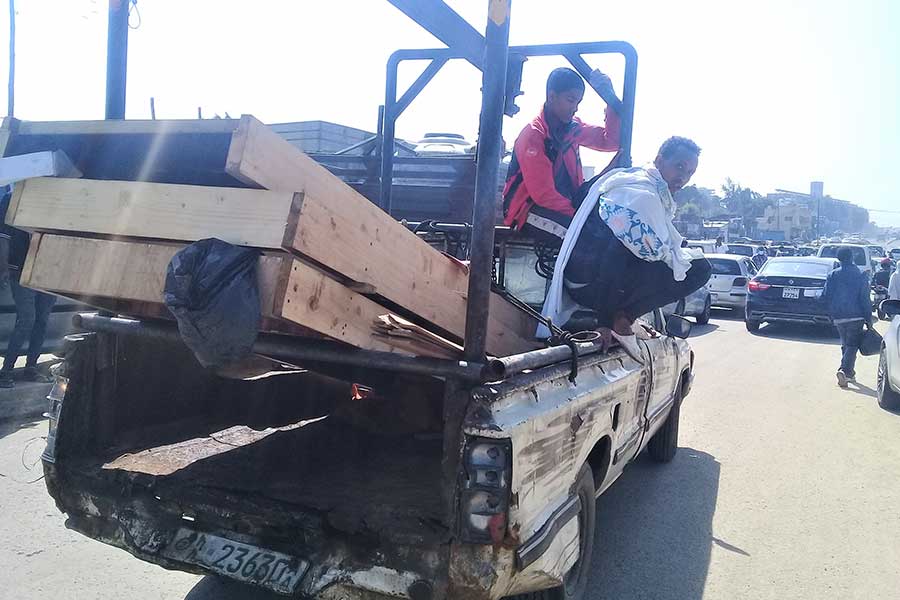
Radar | Aug 14,2021

Commentaries | Feb 11,2023
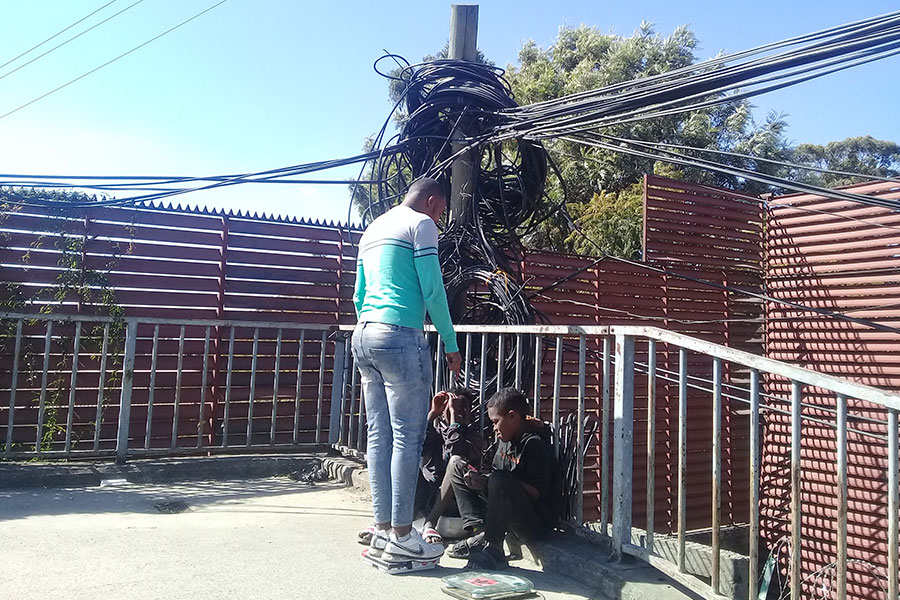
Radar | Dec 19,2021
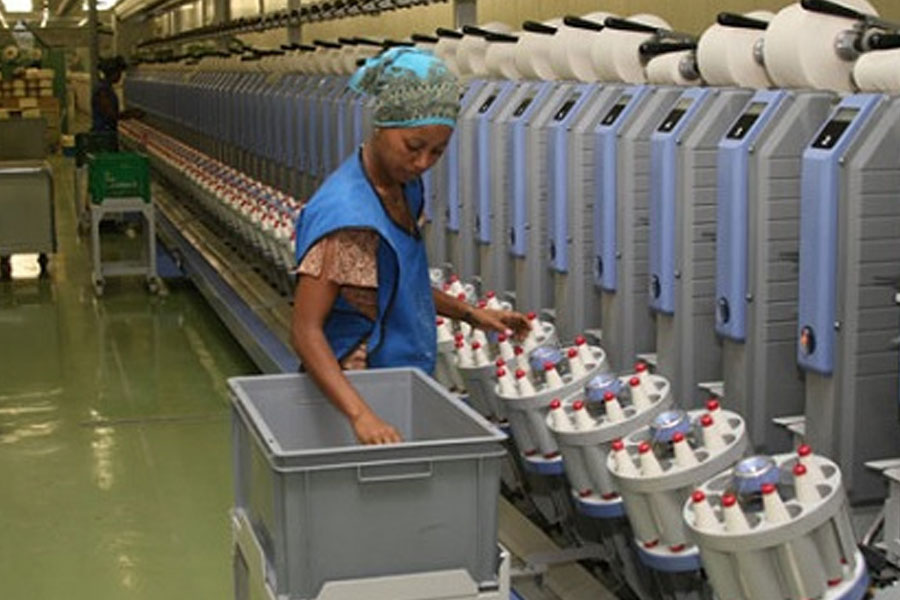
Delicate Number | Jan 01,2022
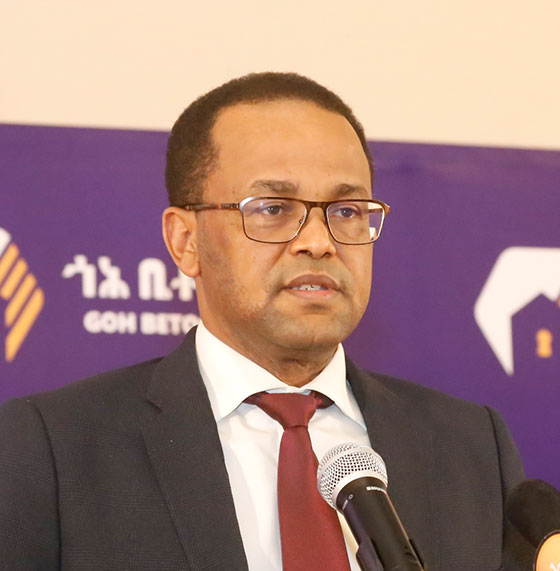
Radar | Aug 14,2021
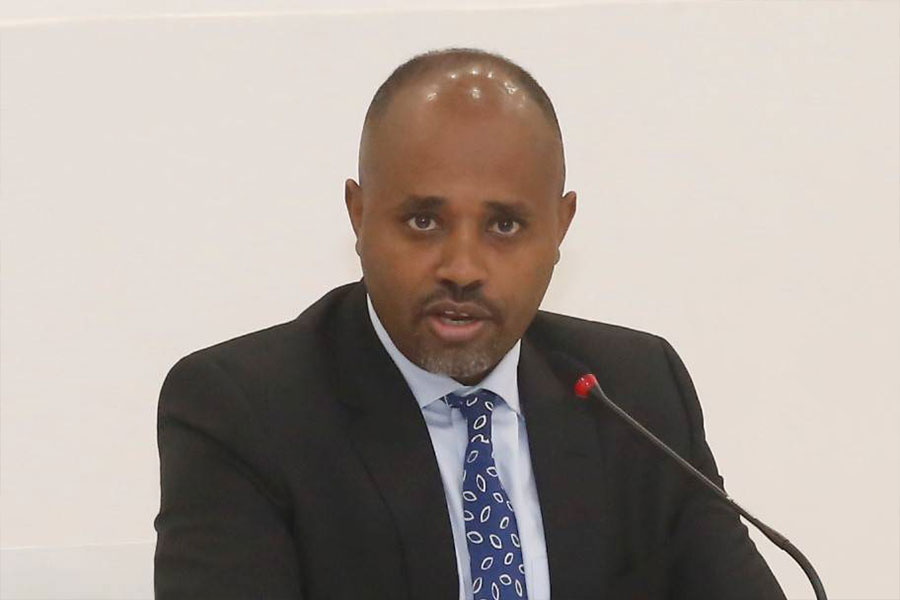
Radar | Sep 04,2021
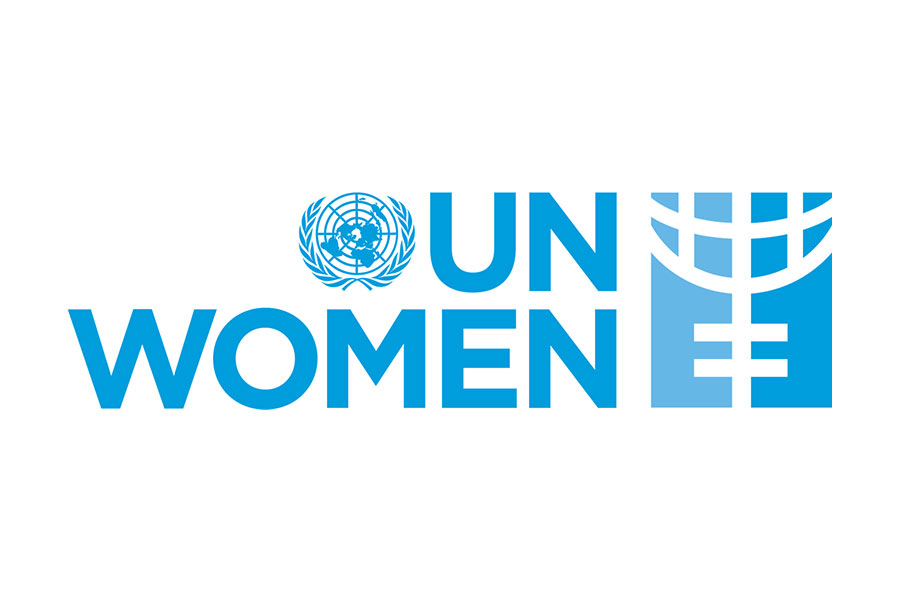
Sponsored Contents | Oct 25,2021

Photo Gallery | 156664 Views | May 06,2019

Photo Gallery | 146952 Views | Apr 26,2019

Photo Gallery | 135496 Views | Oct 06,2021

My Opinion | 135264 Views | Aug 14,2021

Dec 22 , 2024 . By TIZITA SHEWAFERAW
Charged with transforming colossal state-owned enterprises into modern and competitiv...

Aug 18 , 2024 . By AKSAH ITALO
Although predictable Yonas Zerihun's job in the ride-hailing service is not immune to...

Jul 28 , 2024 . By TIZITA SHEWAFERAW
Unhabitual, perhaps too many, Samuel Gebreyohannes, 38, used to occasionally enjoy a couple of beers at breakfast. However, he recently swit...

Jul 13 , 2024 . By AKSAH ITALO
Investors who rely on tractors, trucks, and field vehicles for commuting, transporting commodities, and f...
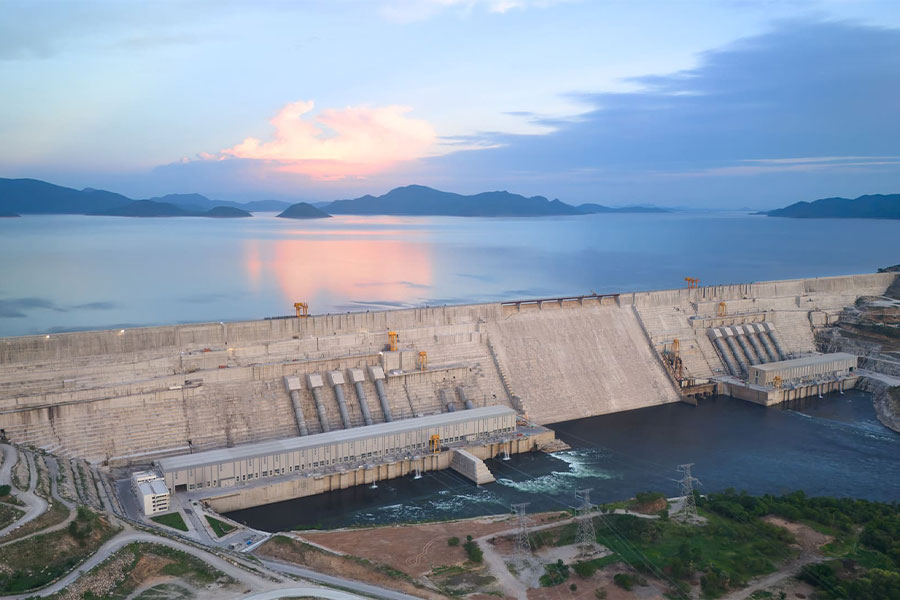
Sep 15 , 2025 . By AMANUEL BEKELE
The Grand Ethiopian Renaissance Dam (GERD), Africa's largest hydroelectric power proj...
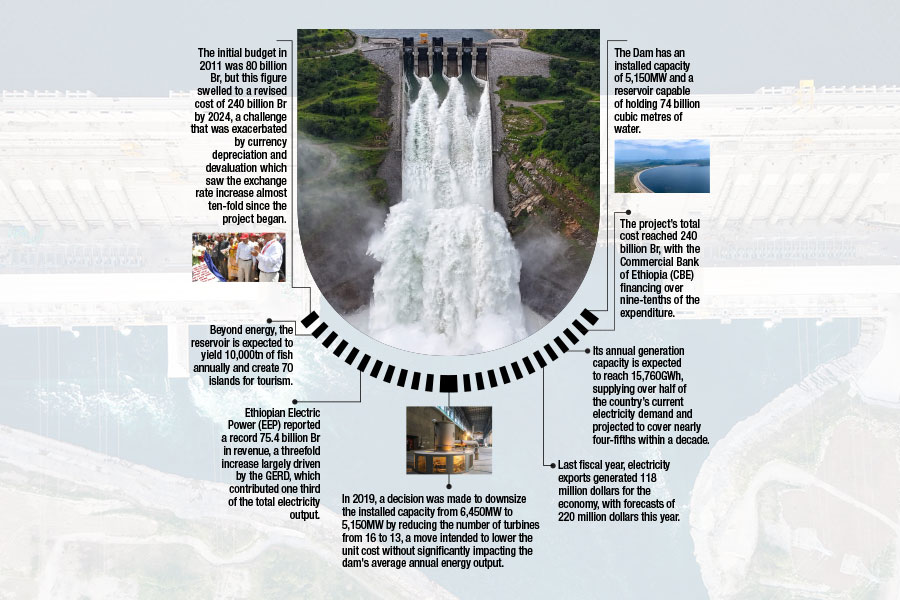
Sep 13 , 2025
The initial budget in 2011 was 80 billion Br, but this figure swelled to a revised cost of 240 billion Br by 2024, a challenge that was exac...

Banks are facing growing pressure to make sustainability central to their operations as regulators and in...

Sep 15 , 2025 . By YITBAREK GETACHEW
The Addis Abeba City Cabinet has enacted a landmark reform to its long-contentious setback regulations, a...